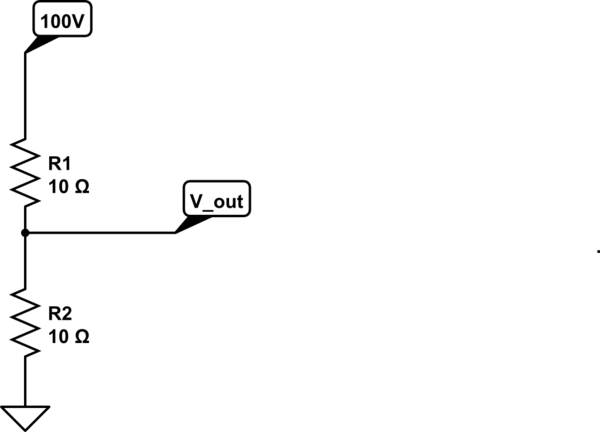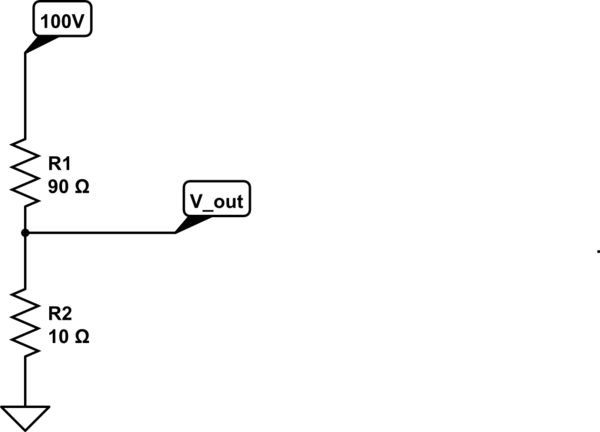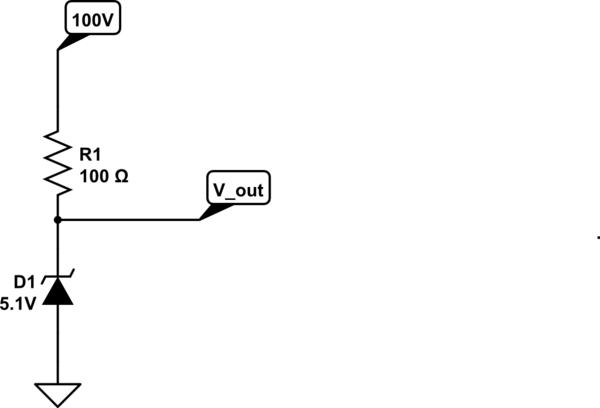A variant of this question has been asked a few times, but not received a response. Usually, we get an analogy with water pressure, or gravity, or a version of Ohm's law; not the actual cause-effect relationship.
Recently I have been reading about Zener diodes and how when reverse biased they drop a consistent amount of voltage. So for example, a simple circuit with only a battery and a diode would drop some fixed amount of voltage through the diode (to reverse bias it) and the rest of the electric potential would be dropped somewhere else.
In contrast, a resistor will drop as much voltage as required through it (as long as it is within its thermal limits).
I still do not understand why a resistor does not drop a fixed amount of voltage. What is the fundamental principle that causes this behaviour? Why doesn't this principle also affect diodes?
Thank you for your help.
Edit - addendum for clarity:
My main confusion is why a resistor does not drop a fixed amount of voltage but a variable one depending on battery voltage. If you use the analogy of gravity and friction, would a small amount of friction drop any amount of potential energy? Would it not drop a fixed amount depending on how significant the friction is? Since voltage is a per charge quantity, it would follow that an electron could drop as much or as little voltage as required at a resistor.. how does it do that regardless of resistor value?
Ohm's law offers an explanation of what happens, but not why it happens if that makes sense.



